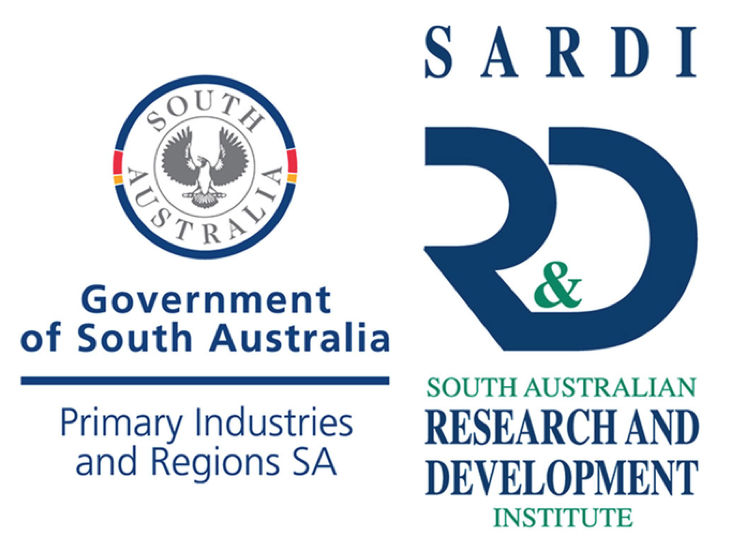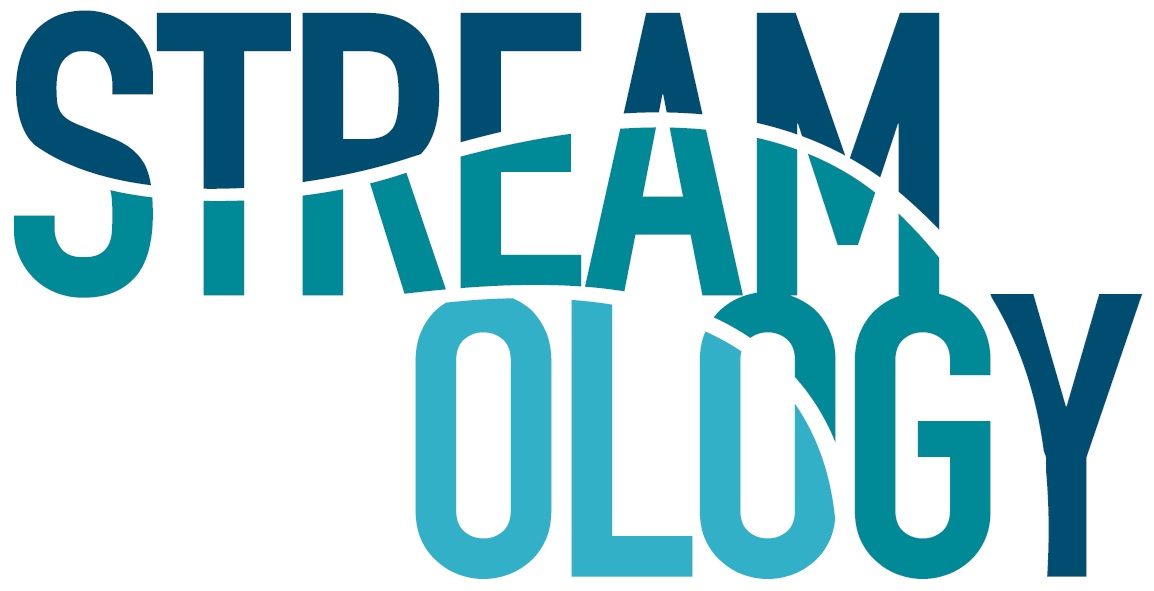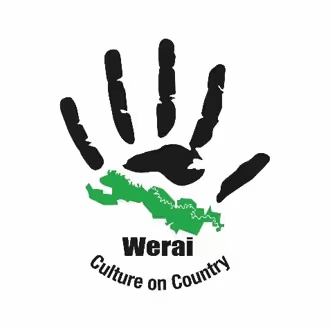About the Flow-MER Program
Flow-Monitoring, Evaluation and Research (Flow-MER) is the Commonwealth Environmental Water Holder’s (CEWH) Science Program. The CEWH uses Flow-MER to adaptively manage Commonwealth environmental water in the Murray–Darling Basin, demonstrate outcomes and fulfil reporting requirements.
Image: Aerial view of straw-necked ibis nesting sites in the Booligal wetlands. Photo credit: Will Higgisson, University of Canberra
What is Flow-MER?
Environmental water helps our rivers, wetlands, and floodplains. It is important for the animals, plants, and people that depend on them.
The CEWH is responsible for managing Commonwealth environmental water in the Murray-Darling Basin. They draw on scientific and local knowledge to plan, deliver, and monitor the use of water for the environment.
The CEWH has invested in science since 2009. Monitoring aims to show the results of environmental watering across the Basin. Monitoring, evaluation, and research activities are undertaken in 10 Areas across the Basin. Each year, outcomes of watering is assessed at the Basin scale and across all areas.
Flow-MER information helps to improve environmental water management. Adaptation occurs both in real-time delivery and forward planning. Better use of environmental water will help protect and restore the Basin's water-dependent ecosystems.
The integration of diverse knowledges is critical for improving environmental water management. We are building connections with First Nations people to understand how Flow-MER can support First Nations people to care for their Country according to their lore and values. We have dedicated funding to support research and monitoring activities important to First Nations people.

Frequently asked questions
'Environmental water' is water used to keep our rivers, wetlands and floodplains healthy.
Many of our rivers and wetlands have changed to provide water for towns, industry and growing food. Now, the rivers don't function as they would have naturally. This has disrupted the seasonal patterns that plants and animals need to survive. It means we need to actively manage water so our rivers and wetlands can still support the native plants and animals who rely upon them. These flows are known as 'water for the environment'.
Water for the environment is provided to:
- change the flow in rivers to signal to native fish that it's a good time to breed or move
- connect rivers to their floodplains to keep native plants healthy
- help native birds, fish, frogs and other animals to feed and breed
- restart river flows or keep rivers flowing in dry times.
Under the Murray-Darling Basin Plan, environmental water holders must consider First Nations' values when undertaking environmental watering. The CEWH are committed to working with First Nations people in the planning, delivery and monitoring of water for the environment.
Environmental water is different from cultural flows. While cultural flows can also be used to improve the health of the rivers, that is not their only purpose. Cultural flows have a range of other objectives that support First Nations people to improve quality of life and continue traditional practices.
Water for the environment need to be delivered when and where it's needed.
This includes using environmental water to create highs and lows to mimic aspects of the natural flows. This supports the health and diversity of plants and animals. In turn, this helps make sure the rivers and communities stay healthy.
Water for the environment is not only about the amount of water flowing through a river. It's about the timing of that water flow.
Sometimes structures like weirs are used to move water onto a floodplain to encourage waterbirds to breed and feed. Where the floodplain is too high for the water to reach naturally, water may be pumped to these sites. This means that animals have access to water when they need it to feed, breed and migrate.
Delivering water for the environment is still a new practice. This means we must trial different things and learn from them. These learnings build year-on-year, informing how we manage water for the environment into the future.
Adaptive management is an approach that involves continuous learning and adjustment. It ensures flexibility in the way water for the environment is managed.
Flow-MER information plays a key role in informing adaptive management. The CEWH uses this knowledge to measure the success of environmental watering. It tells us what we've achieved and what we could do next time to get the best results for the rivers, wetlands, plants and animals of the Basin.
The Murray–Darling Basin is the largest and most complex river system in Australia. It covers 1 million square kilometres of south-eastern Australia, across New South Wales, Queensland, South Australia, Victoria and the Australian Capital Territory
The Darling begins in southern Queensland where the Culgoa and Barwon Rivers meet. It flows into the Murray at the border of New South Wales and Victoria, and the Murray eventually reaches the sea just to the south-east of Adelaide. There are 23 rivers in the Murray-Darling Basin.
The Murray–Darling Basin is of significant environmental, cultural and economic value to Australia.
- It’s home to 16 internationally significant wetlands, 35 endangered species and 120 different species of waterbirds.
- More than 2.4 million people live in the Basin, including people from more than 50 different First Nations.
- The Basin attracts visitors from around the world, with tourism earning around $15 billion each year.
- Around 40% of Australia’s agricultural produce comes from the Basin, including 100% of our rice, 74% of our grapes and 30% of our dairy.
Source: www.mdba.gov.au
Australia is the driest inhabited continent on earth, and some of the most variable rainfall in the world. The water from the Murray-Darling Basin is a vital resource to people, the environment and industry.
The Murray-Darling Basin Plan 2012 is required under the Water Act 2007. The Basin Plan aims to bring the Basin back to a healthy level to support Australians now and into the future. The Basin Plan sets the amount of water that can be taken from the Basin each year, while leaving enough for our rivers, lakes and wetlands and the plants and animals that depend on them.
Australian Government is working with Basin state governments and other organisations to deliver the Basin Plan.
The CEWH is responsible for the holding, management and delivery of Commonwealth environmental water. The CEWH role and responsibilities are governed by the Water Act 2007 and the Basin Plan 2012. The CEWH is one of many water holders in the Murray─Darling Basin.
Commonwealth environmental water must be used to protect and restore rivers, wetlands and floodplains in the Basin, in alignment with government commitments, the Basin-Wide Environmental Watering Strategy, and other strategies and plans.
The CEWH works with different groups and individuals across the Basin to coordinate the planning and delivery of water for the environment, including preparation of the annual water management plan for the Basin. These include Commonwealth and State Government agencies, First Nations people, scientists, landholders and community groups.
Find out more about how the CEWH manages Commonwealth environmental water here: https://www.dcceew.gov.au/cewh/manage-water
The Basin-wide Environmental Watering Strategy is the long-term plan to provide water for the environment in the Basin. It is developed by the Murray-Darling Basin Authority (MDBA) and reviewed every 5 years. CEWH uses the strategy to guide environmental watering decisions at sites across the Basin.

Program Approach
Flow-MER is a partnership with scientists, water managers, First Nations people, and communities in the Basin. The Program undertakes and shares credible and accessible science about environmental water management. The current phase of the Program started in 2024 and will continue through to 2030.
Delivered through 12 projects:
Ten Area-scale Projects
Area-scale projects provide monitoring data to inform evaluation at both the area-scale and Basin-scale. The 10 Area-scale Projects cover 10 geographic areas across the Murray-Darling Basin. This monitoring and evaluation work supports CEWH to meet their reporting requirements and informs adaptive management of Commonwealth environmental water – both in real-time delivery and forward planning.
Basin-scale Project
The Basin-scale Project supports the CEWH to meet their legislative requirement to report on the outcomes of Commonwealth environmental watering at a whole-of-Basin scale. The project supports adaptive management of environmental water by undertaking targeted research and knowledge generation.
Knowledge Exchange Project
The Knowledge Exchange Project focuses on program-level leadership and coordination of two components of the Program: First Nations people’s participation and involvement in monitoring and evaluation activities, and knowledge exchange, communication and engagement.
Underpinned by 5 strategies
1. First Nations People Monitoring, Evaluation and Research Strategy: Articulates the aim, objectives and approaches for First Nations MER activities as guided by the Cultural Network. Learn more on the First Nations page.
2. Knowledge Exchange, Communication & Engagement Strategy: Establishes objectives, relevant groups and approaches for knowledge exchange, communication, and engagement activities.
3. Research Priorities Strategy: Provides research principles, identification of research priority areas, and a research prioritisation process to help guide decision making.
4. Data Management Strategy: The approach to managing and sharing data generated through Flow-MER.
5. Program MERI Strategy: A framework for reflecting and reviewing the effectiveness and efficiency of program delivery.

Program Partners
Flow-MER is a partnership between scientists, water managers, First Nations people, and communities in the Basin.

CSIRO

One Basin CRC


University of New South Wales - Centre for Ecosystem Science

Charles Sturt University

University of Canberra

The University of Melbourne

Griffith University

La Trobe University

South Australian Research and Development Institute

2Rog

Adam Kerezsy
.jpg)
Alluvium Consulting

Arthur Rylah Institute

The Australian River Restoration Centre

Austral Research and Consulting

Barapa

Barkindji Maraura Elders Environment Team

Brooks Ecology & Technology

Djaara Balaki Wuka

Dharriwaa Elders Group

Environmental Systems Solutions

Goulburn Broken Catchment Management Authority

Jacobs

Monash University

Murray Darling Wetlands Working Group

Murrumbidgee Landcare Inc
Narran Lakes Nature Reserve Joint Management Committee

Nari Nari Tribal Council

North Central CMA

NSW Department of Climate Change, Energy, the Environment and Water

NSW Department of Primary Industries, Fisheries

NSW Government

NSW National Parks and Wildlife Service

RMIT

Robins Consulting

Streamology

Taungurung Land and Waters Council

University of Adelaide

University of New England

Wamba Wemba Aboriginal Corporation
Water for Country Steering Committee

Werai Land and Water Aboriginal Corporation

Western Murray Land Improvement Group

Yanco Creek and Tributaries Advisory Council

Yarkuwa Indigenous Knowledge Centre

Yorta Yorta Nation Aboriginal Corporation
Contact Us
If you have questions, suggestions or comments about the Flow-MER Program, please email them to enquiries@flow-mer.org.au
To receive Flow-MER updates in your email inbox, please subscribe below.

